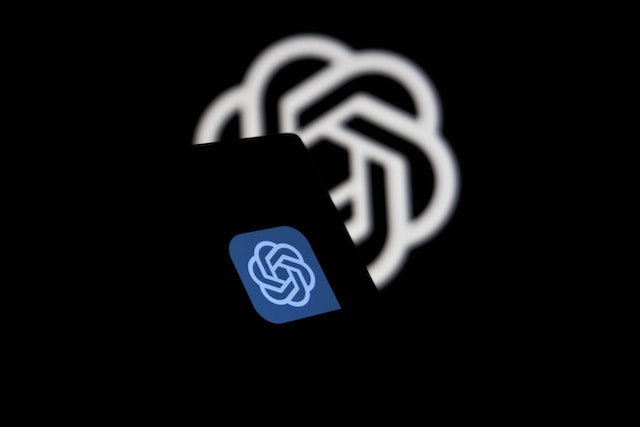 AI
AI
 AI
AI
 AI
AI
Open AI LP, a firm currently raking in money from its ChatGPT large language model-based chatbots, has moved to dismiss the majority of the claims against it in lawsuits recently filed by authors who allege the company has breached copyright laws by using their work.
The comedian and author Sarah Silverman, along with author Christopher Golden and author Richard Kadrey, sued OpenAI and Meta Platforms Inc. in a U.S. District Court in July, claiming generative artificial intelligence chatbots have been trained on their work and so are a derivative of their books and a copyright infringement. The authors Paul Tremblay and Mona Awad have also filed lawsuits claiming the same thing.
The authors said that Open AI took advantage of what is known as a “shadow library,” shady areas of the internet where one can download copyrighted works. This case is just one of many in which creators have fought back against the rise of advanced chatbots. In July, as many as 8,500 authors co-signed a letter demanding compensation for their work when it has been used to train the many chatbots we are now seeing.
Regarding the two aforementioned lawsuits, Open AI submitted filings to the U.S. District Court for the Northern District of California on Monday, requesting the dismissal of five out of the six counts lodged against it. These include vicarious copyright infringement — indirectly benefiting from copyright infringement — as well as violating the Digital Millennium Copyright Act, unfair competition, negligence and unjust enrichment. If the company succeeds, the cases will go ahead only on the claim of direct copyright infringement.
Open AI denies that it has breached copyright laws, citing fair use as a legal exception. “The use of copyrighted materials by innovators in transformative ways does not violate copyright,” the company said. “While an author may register a copyright in her book, the ‘statistical information’ pertaining to ‘word frequencies, syntactic patterns, and thematic markers’ in that book are beyond the scope of copyright protection.”
Open AI claims only to be using works to train models about “the rules underlying human language,” which, it believes, is for the greater good, while the authors believe such companies are merely plagiarists repackaging their hard work. Since such technology is fairly new, there isn’t really a legal precedent, which is one reason why Congress recently announced a series of meetings with some of the leading developers in generative AI.
What happens in this case will arguably have a huge impact on the future with regard to creators and the technologists who seemingly can’t live with or without them.
Support our mission to keep content open and free by engaging with theCUBE community. Join theCUBE’s Alumni Trust Network, where technology leaders connect, share intelligence and create opportunities.
Founded by tech visionaries John Furrier and Dave Vellante, SiliconANGLE Media has built a dynamic ecosystem of industry-leading digital media brands that reach 15+ million elite tech professionals. Our new proprietary theCUBE AI Video Cloud is breaking ground in audience interaction, leveraging theCUBEai.com neural network to help technology companies make data-driven decisions and stay at the forefront of industry conversations.